The Government issues a Decree to support supporting industries.
The Government has just issued Decree 205/2025/ND-CP, amending and supplementing Decree 111/2015 on the development of supporting industries. The new Decree takes effect from September 1, 2025, expanding support for enterprises producing components, spare parts, and materials, while increasing incentives on land, capital, and technology.
Under the new regulations, projects to build research and development facilities for supporting industrial products are exempted from or have reduced land rents and receive financial support for equipment investment. Enterprises on the priority development list are supported with up to 50–70% of the costs for research, human resource training, technology transfer, inspection and branding, as well as market promotion. Projects also have access to many funding sources, such as the National Technology Innovation Fund and the Science and Technology Development Fund.
In addition, the decree adds legal support, environmental protection, and merger and acquisition consulting, while urging the establishment of a Technical Center to support industrial development, helping businesses improve their capacity, increase value, and participate more deeply in the global supply chain.
Decree 210/2025 expands capital and mechanisms for innovative startups
The Government has just issued Decree 210/2025/ND-CP amending and supplementing a number of regulations on investment for small and medium-sized innovative startups. This Decree takes effect from September 1, 2025, aiming to complete the legal corridor and create more favorable conditions for startup investment activities in Vietnam.
Under the new regulations, innovative startup investment funds can mobilize from 2 to 30 investors, instead of the narrow scope as before. Capital contributions in addition to cash are expanded to include land use rights, intellectual property, technology or other legal assets. In addition, the investment mechanism is also more flexible when adding the form of stock purchase rights, convertible instruments, in addition to direct capital contributions.
Notably, the decree allows the fund to make savings deposits and buy deposit certificates from idle capital, but must still ensure capital safety and proper operation purposes. The fund's management and reporting mechanisms are also more strictly regulated, enhancing transparency and responsibility of investors.
This amendment and supplement is expected to create conditions for innovative startups to access capital sources earlier and more diversely, while improving the operational efficiency of domestic investment funds.
Granting financial autonomy to National Universities
The Government has just issued Decree 201/2025/ND-CP stipulating the functions, tasks, powers and operating mechanisms of national universities and member universities. This Decree takes effect from September 1, 2025. Notably, the financial mechanism is given greater autonomy, aiming to increase proactiveness and efficiency in resource use.
According to the decree, national universities have the right to decide on revenue and expenditure, allocate and use the budget, and mobilize socialized capital, sponsorship, aid, and other legal sources of revenue.
These resources can be used for training, scientific research, innovation and infrastructure development. The State still maintains budget allocation, but is linked to inspection and supervision mechanisms to ensure publicity and transparency.
The Decree also expands autonomy in investment management, infrastructure construction, exploitation of public assets and signing of domestic and international cooperation contracts. This mechanism is expected to create a flexible environment, helping national universities to develop their potential, improve training quality and contribute directly to socio-economic development.
Decree 211/2025: Tightening civil cryptography management, increasing economic sanctions
The Government has just issued Decree 211/2025/ND-CP regulating civil cryptographic activities and amending and supplementing a number of articles of Decree 15/2020/ND-CP. This Decree takes effect from September 9, 2025.
It is noteworthy that this Decree tightens management in the field of business, import and export of civil cryptographic products and services, to ensure national security in parallel with transparency in commercial activities.
Under the new regulations, violating businesses can be punished from warnings to fines of VND180 million, depending on the value of the violating goods and the nature of the act.
In addition to fines, additional penalties such as license revocation, business suspension or forced re-export of products are also applied. This is a move to prevent the exploitation of cryptographic technology for profit or to affect economic and social security.
State Bank tightens capital safety ratio
The State Bank has just issued Circular 14/2025/TT-NHNN regulating capital adequacy ratios for commercial banks and foreign bank branches, effective from September 15, 2025.
According to regulations, banks must maintain a minimum of: core capital ratio of 4.5%, tier 1 capital ratio of 6% and capital adequacy ratio (CAR) of 8%. For banks with subsidiaries, in addition to individual requirements, they must also ensure a consolidated ratio.
The circular also adds a capital conservation buffer (CCB) and a countercyclical capital buffer (CCyB), requiring banks to gradually increase their capital reserves from 0.625% in the first year to 2.5% in the fourth year, thereby raising the CAR to a minimum of 10.5%. Banks are only entitled to profit sharing when they fully meet these ratios.
In particular, the State Bank has the right to require banks to maintain a higher ratio if risks are detected, in order to ensure operational safety and the national financial system. The new regulation is expected to promote transparency, strengthen market confidence and support sustainable growth.
Amendment of Vietnam-China border trade payment regulations
The State Bank has just issued Circular 17/2025/TT-NHNN (effective from September 15, 2025), amending and supplementing Circular 19/2018/TT-NHNN on foreign exchange management for Vietnam - China border trade activities.
Accordingly, payment methods are added, allowing payment through banks in freely convertible foreign currencies, in Chinese Yuan (CNY) or VND through border bank branches, as well as clearing of differences in import-export transactions. This regulation helps increase flexibility, transparency and reduce risks in cross-border payments.
The Circular also adjusts the responsibility for periodic reporting: every quarter, before the 20th of the first month of the following quarter, banks with border branches must submit reports according to the new form to the State Bank. At the same time, many old provisions and appendices of Circular 19/2018 are abolished or replaced, to conform to practice and bilateral agreements.
The amendment is expected to contribute to promoting border trade, facilitating import-export businesses, while strengthening foreign exchange management and ensuring the safety of the banking system.
Supervision of people's credit funds and microfinance
The State Bank has just issued Circular 18/2025/TT-NHNN, effective from September 15, 2025, regulating the collection, exploitation, sharing of information and reporting to strengthen supervision of the activities of people's credit funds and microfinance institutions.
According to the Circular, units must provide detailed data on borrowers, depositors, lending activities, bad debts, finance, human resources, etc. through the Monitoring Information System. Information is connected online, automatically censored, helping to detect risks early and handle them promptly.
In addition to the State Bank, units such as the Deposit Insurance of Vietnam and the Cooperative Bank are also allowed to exploit information to serve capital management and system safety monitoring. The new regulation also tightens reporting responsibilities, requires correction of errors within 3 days, and ensures the security of personal data.../.
According to VNA
Source: https://baothanhhoa.vn/nhieu-chinh-sach-moi-lien-quan-den-kinh-te-co-hieu-luc-tu-1-9-259751.htm



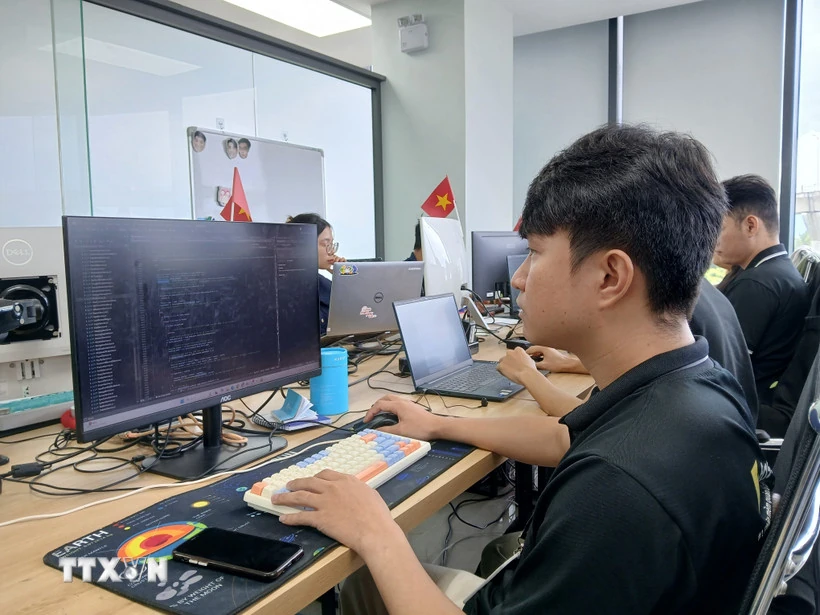
![[Photo] Parade blocks pass through Hang Khay-Trang Tien during the preliminary rehearsal](https://vphoto.vietnam.vn/thumb/1200x675/vietnam/resource/IMAGE/2025/8/27/456962fff72d40269327ac1d01426969)
![[Photo] Images of the State-level preliminary rehearsal of the military parade at Ba Dinh Square](https://vphoto.vietnam.vn/thumb/1200x675/vietnam/resource/IMAGE/2025/8/27/807e4479c81f408ca16b916ba381b667)

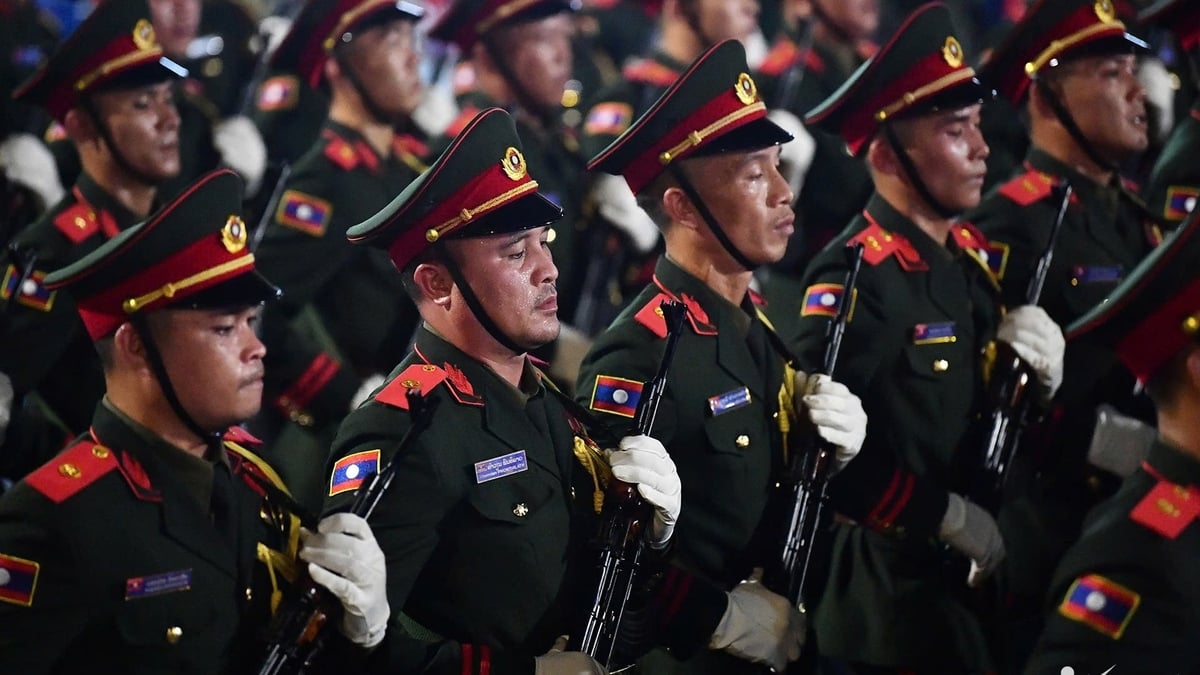

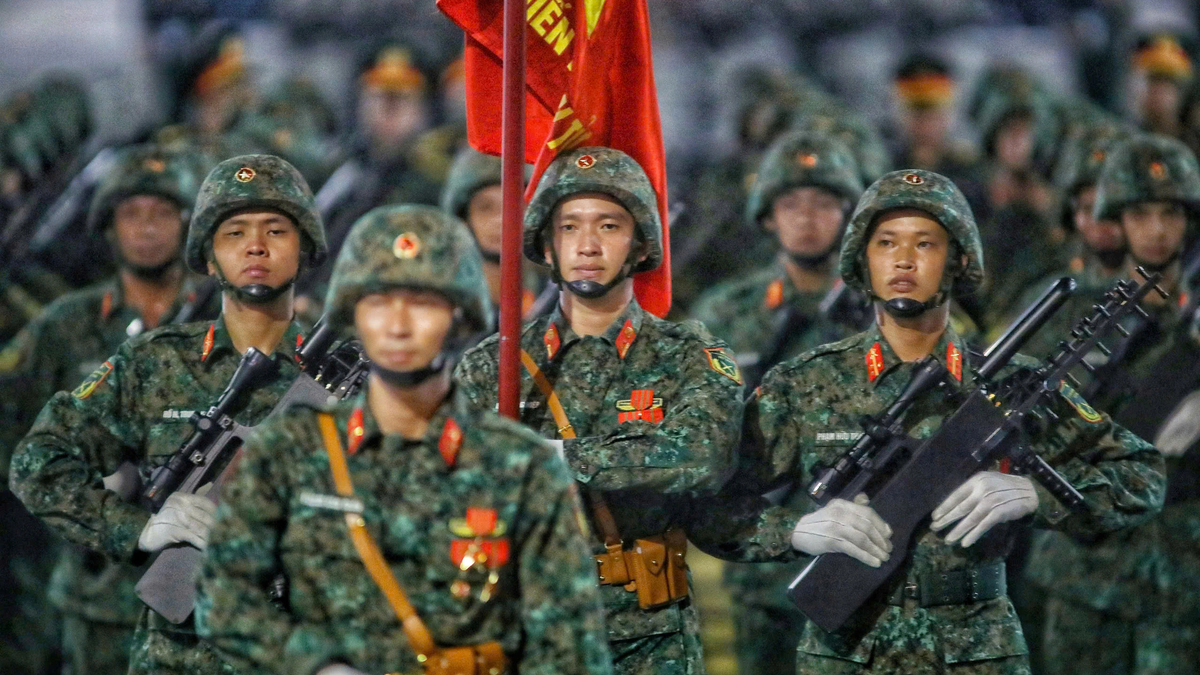





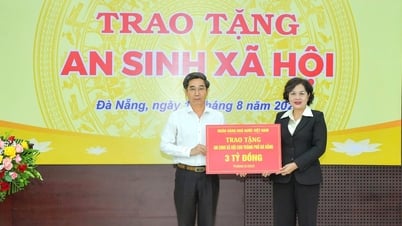




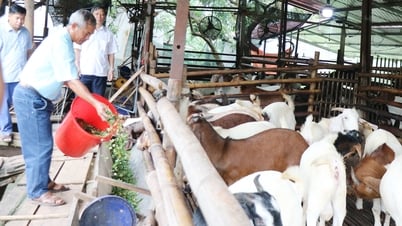














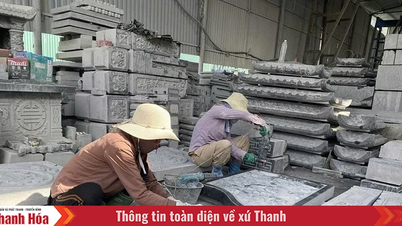



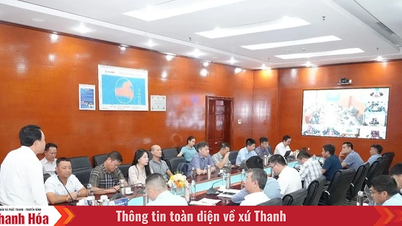


































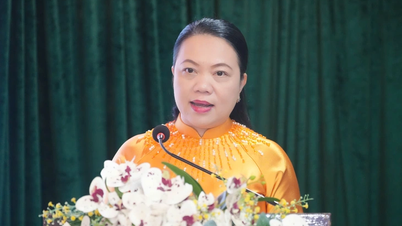
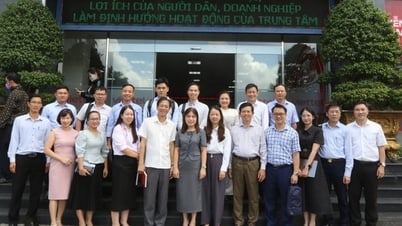



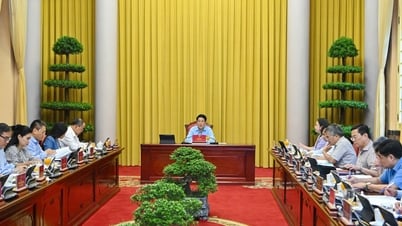

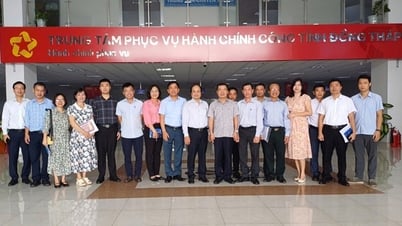






















Comment (0)